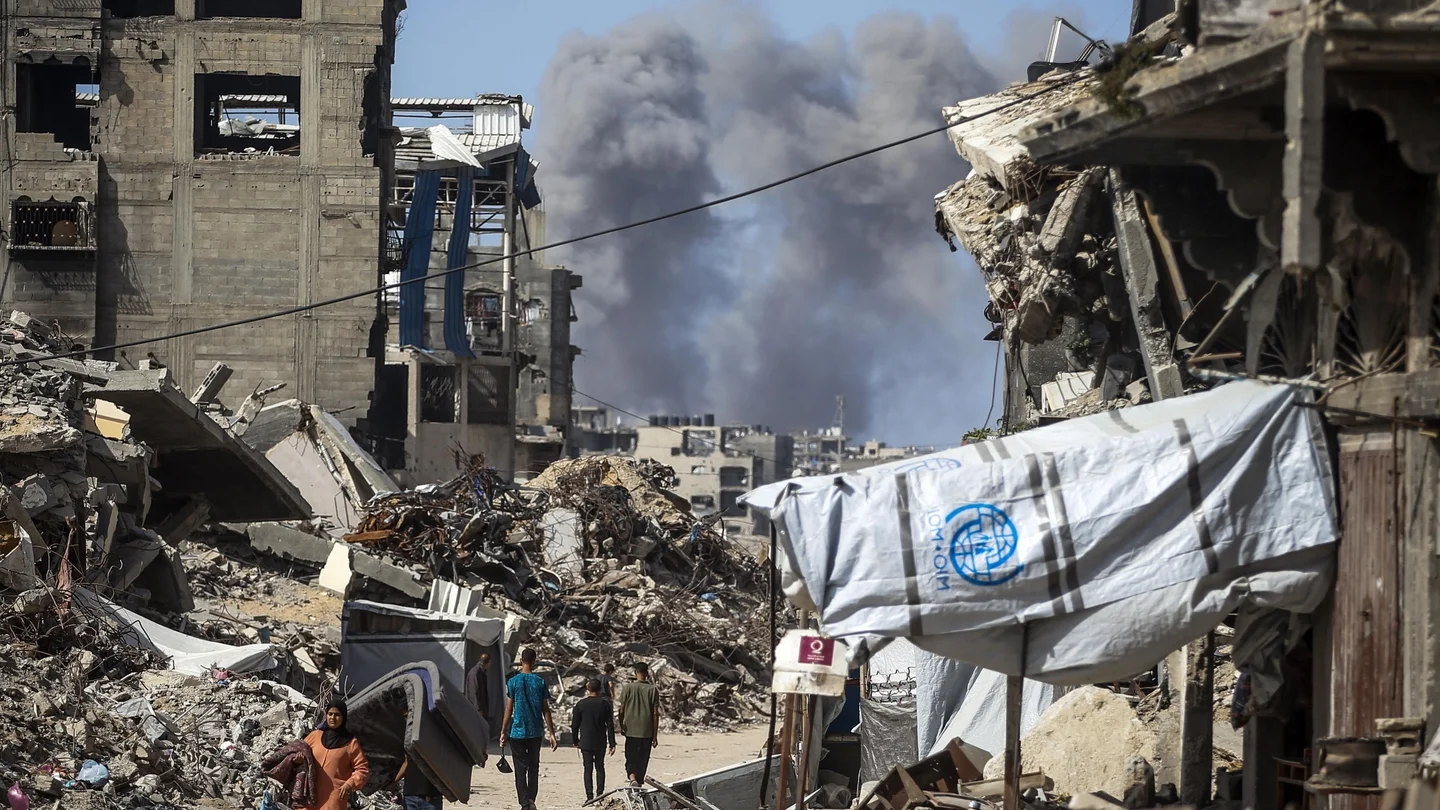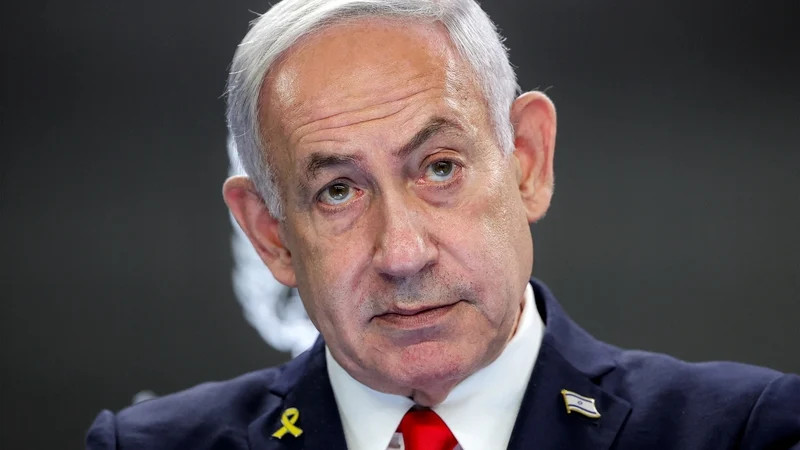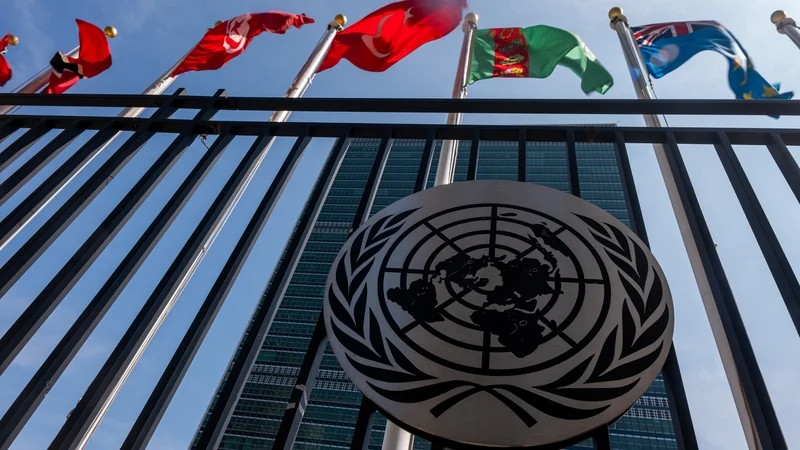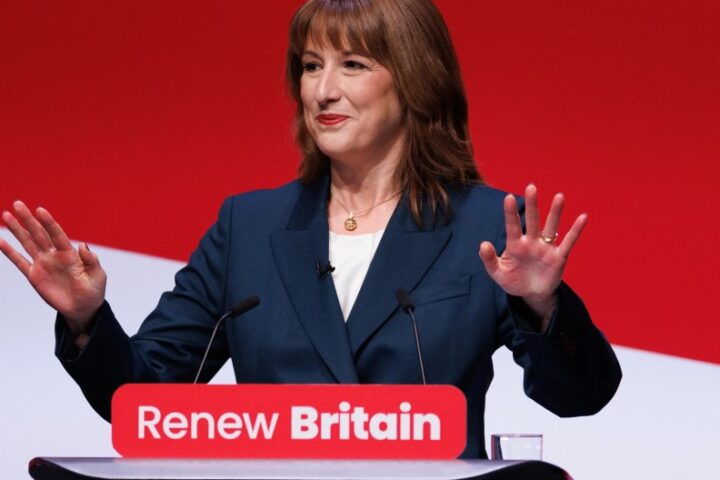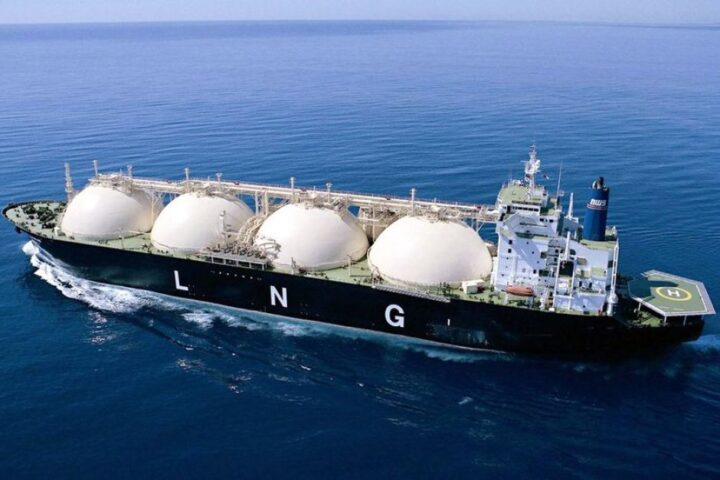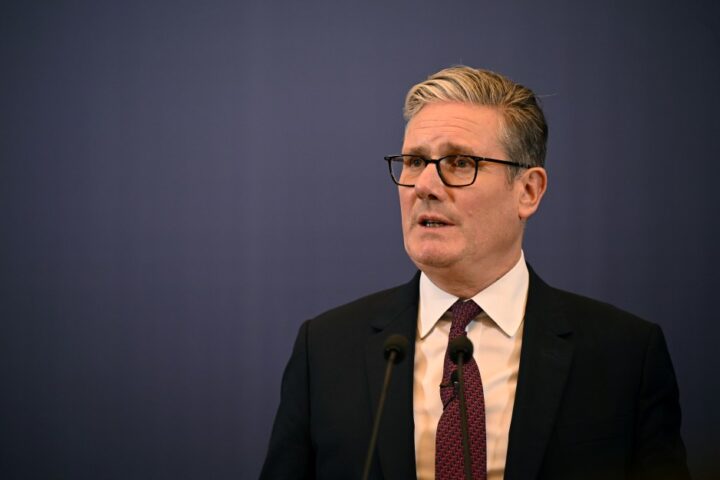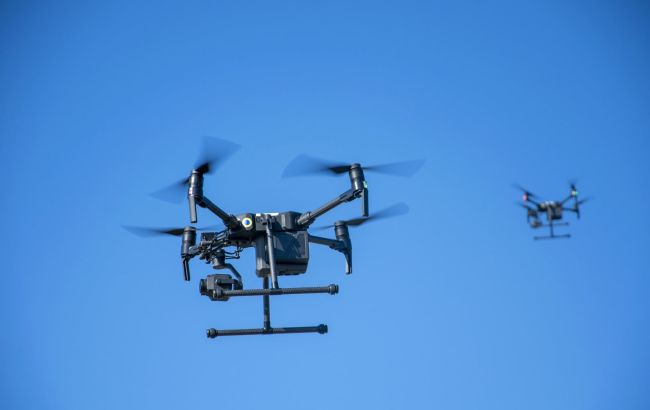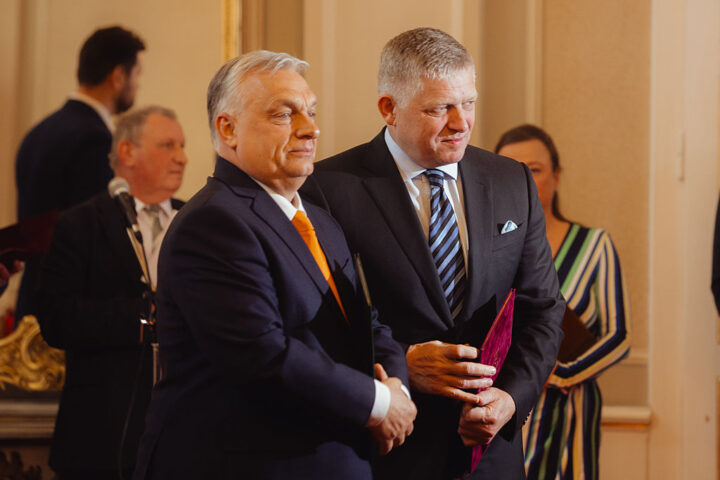The amount of aid Israel has started to allow into Gaza is not nearly enough and is “a smokescreen to pretend the siege is over,” Médecins Sans Frontières has said.
“The Israeli authorities’ decision to allow a ridiculously inadequate amount of aid into Gaza after months of an air-tight siege signals their intention to avoid the accusation of starving people in Gaza, while in fact keeping them barely surviving,” said Pascale Coissard, MSF’s emergency coordinator in Khan Younis.
“The current authorisation for 100 per day, when the situation is so dire, is woefully inadequate,” MSF said in the statement.
“Meanwhile, evacuation orders are continuing to uproot the population, while Israeli forces are still subjecting health facilities to intensive attacks,” it added.

The Head of Response for Oxfam in Gaza said people are starving in Gaza and there have already been cases of people dying from starvation among the most vulnerable populations, including the young and elderly.
Speaking to RTÉ’s Morning Ireland, Clemence Lagouardat said people are struggling to survive.
“There have already been cases of people dying of starvation, and especially when they are young children, especially when they are elderly or people with chronic disease, the most vulnerable people of Gaza right now are the ones that are suffering the most,” she said.
Ms Lagouardat also said the amount of aid Israel is allowing to enter the territory is not “dignified” because it is just enough to help people survive.
She added that there are logistical challenges in ensuring the safe arrival of trucks carrying aid in the territory and will cause some delays.
Overnight, Gaza’s civil defence agency said that Israeli strikes killed at least 19 people, including a week-old baby, as Israel faces mounting international pressure over its military offensive.
“Our crews transported 19 dead, most of them children, and dozens of injured following air raids carried out by the Israeli warplanes in various areas of the Gaza Strip last night and early today,” civil defence spokesman Mahmud Bassal said, naming multiple victims including the newborn.
Several people were missing under the rubble while dozens of others were wounded in the attacks across the Palestinian territory, Mr Bassal said.
Israel said 93 trucks had entered Gaza from Israel yesterday but the United Nations said the aid had been held up.
The UN announced Monday that it had been cleared to send in aid for the first time since Israel imposed a total blockade on 2 March, sparking severe shortages of food and medicine.
The humanitarian crisis has prompted international anger, with the European Union saying it would review its trade cooperation deal with Israel over the blockade.
European Union foreign affairs chief Kaja Kallas said “a strong majority” of foreign ministers from the 27 member states backed the move, adding “the countries see that the situation in Gaza is untenable … and what we want is to unblock the humanitarian aid”.
Taoiseach Micheál Martin welcomed the decision to review the agreement, saying Israel “cannot act with impunity against all international humanitarian laws and norms”.
In a statement, Mr Martin said that Ireland will work to ensure the review happens quickly and “its conclusions are acted upon”.
“Many thousands of Palestinians have been killed and maimed in a brutal military operation, the brunt of which has been borne by an innocent civilian population,” he said.
Sweden said it would press the EU to level sanctions against Israeli ministers.
Britain suspended free-trade negotiations with Israel, summoned the Israeli ambassador and said it was imposing sanctions on settlers in the occupied West Bank in its toughest actions so far against Israel’s conduct of the war.
“Blocking aid, expanding the war, dismissing the concerns of your friends and partners. This is indefensible and it must stop,” British Foreign Secretary David Lammy told parliament.

Israel rejected the moves. The EU action “reflects a total misunderstanding of the complex reality Israel is facing,” Israeli foreign ministry spokesman Oren Marmorstein said.
Responding to Britain, Mr Marmorstein said “external pressure will not divert Israel from its path in defending its existence and security”.
COGAT, the Israeli defence ministry body that oversees civil affairs in the Palestinian territories, said “93 UN trucks carrying humanitarian aid, including flour for bakeries, food for babies, medical equipment, and pharmaceutical drugs were transferred” to Gaza.
The spokesman for UN chief António Guterres confirmed dozens of trucks were allowed in, but spoke of difficulties.
“Today, one of our teams waited several hours for the Israeli green light to… collect the nutrition supplies. Unfortunately, they were not able to bring those supplies into our warehouse,” Stéphane Dujarric said.
UN humanitarian chief Tom Fletcher said the nine trucks cleared to enter on Monday were “a drop in the ocean of what is urgently needed”.
He told the BBC that 14,000 babies could die in the next 48 hours if aid did not reach them in time.
US Secretary of State Marco Rubio told a Senate Foreign Relations Committee meeting that the supplies were “not in sufficient amounts” but added: “We anticipate that those flows will increase over the next few days and weeks. It’s important that that be achieved.”
The Israeli army stepped up its offensive at the weekend, vowing to defeat Gaza’s Hamas rulers, whose 7 October 2023 attack on Israel triggered the current war.
Israel announced one soldier was killed in Gaza but did not immediately comment on the latest strikes.
The military said it had hit more than “100 terror targets” in Gaza over the past day.
At a bombed petrol station, Mahmoud al-Louh carried a cloth bag of body parts to a vehicle.
“They are civilians, children who were sleeping. What was their fault?” he told AFP.
Prime Minister Benjamin Netanyahu declared Monday that Israel would “take control of all the territory of the Strip” with its new campaign.
Israel resumed operations across Gaza on 18 March, ending a two-month ceasefire.
Negotiators from Israel and Hamas began new indirect talks in Doha at the weekend, as the intensified campaign started.
Qatar, which has been involved in mediation efforts throughout the war, said that Israel’s “irresponsible, aggressive” behaviour had undermined the chances of a ceasefire.
Hours later, Mr Netanyahu’s office accused Hamas of refusing to accept a deal, saying Israel was recalling its senior negotiators but leaving some of its team in Doha.
A source close to Hamas alleged that Israel’s delegation “has not held any real negotiations” since Sunday, blaming “Netanyahu’s systematic policy of obstruction”.
The Hamas attack in October 2023 resulted in the deaths of 1,218 people in Israel, mostly civilians, according to an AFP tally based on official figures.
Militants also took 251 hostages, 57 of whom remain in Gaza including 34 the military says are dead.
Gaza’s health ministry said at least 3,427 people have been killed since Israel resumed strikes on 18 March, taking the war’s overall toll to 53,573.
